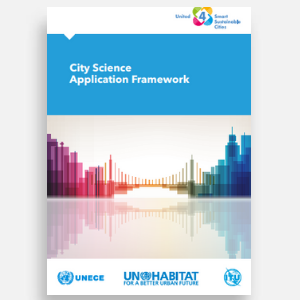Crime prediction for more agile policing in cities – Rio de Janeiro, Brazil
Rio de Janeiro, or simply Rio, is the second-most populous municipality in Brazil and the sixth-most populous in the Americas. The metropolis is anchor to the Rio de Janeiro metropolitan area and is the capital of the state of Rio de Janeiro, Brazil’s third-most populous state. Part of the city has been designated as a World Heritage Site, named “Rio de Janeiro: Carioca Landscapes between the Mountain and the Sea”, by UNESCO on 1 July 2012 as a Cultural Landscape.
Rio de Janeiro is headquarters to Brazilian oil, mining, and telecommunications companies, including two of the country’s major corporations – Petrobras and Vale – and Latin America’s largest telemedia conglomerate, Grupo Globo. Being the home of many universities and institutes, Rio is the second-largest center of research and development in Brazil. Rio de Janeiro is also one of the most visited cities in the Southern Hemisphere and is known for its natural settings, including several beaches.
The development of the Case study: Crime prediction for more agile policing in cities has been researched and written by Katherine Aguirre (Igarape Institute), Emile Badran (Igarape Institute) and Robert Muggah (Igarape Institute) and has been edited and revised by Okan Geray (Smart Dubai Office).



